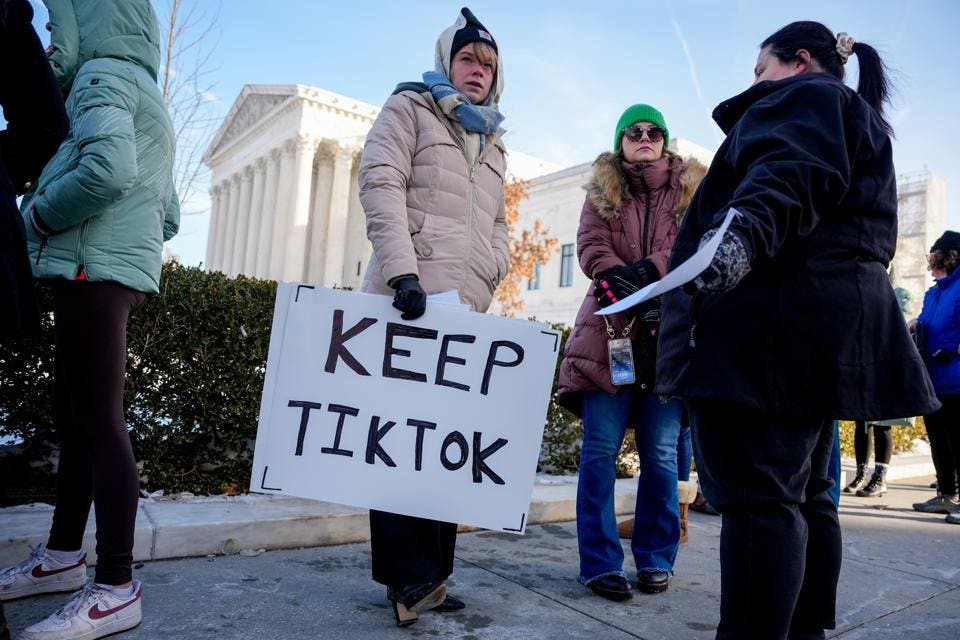
The future of TikTok in the United States appears increasingly uncertain following this week's Supreme Court hearing, where justices showed strong skepticism toward the social media platform's continued operation.
During oral arguments, Chief Justice John Roberts emphasized that free expression protections may not apply in TikTok's case, citing concerns about potential coercion by its Chinese parent company ByteDance. The app, which has around 170 million U.S. users, faces mounting scrutiny over data collection practices and possible influence operations.
Justice Elena Kagan noted that as a foreign corporation, ByteDance lacks First Amendment rights under U.S. law. Meanwhile, Justice Brett Kavanaugh raised specific concerns about the platform's appeal to young users who might later work in sensitive government positions, suggesting risks of potential blackmail or manipulation.
While some justices, including Neil Gorsuch, explored alternatives like mandatory warning labels instead of an outright ban, the overall tone of the proceedings pointed toward supporting the federal law set to take effect on January 19 - one day before the presidential inauguration.
The timing creates additional complexity, as President-elect Trump could potentially seek to postpone the ruling after taking office. However, this would require the Supreme Court to delay its decision, which typically takes weeks or months but could come as early as next week given the pressing deadline.
Content creators and regular users gathered outside the Supreme Court building to protest the potential ban, holding signs and expressing concerns about losing their primary platform for expression and business.
The case highlights growing tensions between national security interests and digital platforms with foreign ownership. While ByteDance maintains it operates independently from Chinese government influence, U.S. officials remain unconvinced about data privacy and content manipulation risks.
Based on the justices' questioning and recent Congressional momentum, the likelihood of a TikTok ban appears to be increasing. Questions remain about enforcement mechanisms and potential executive actions, but the platform's future in the U.S. market faces serious challenges ahead.